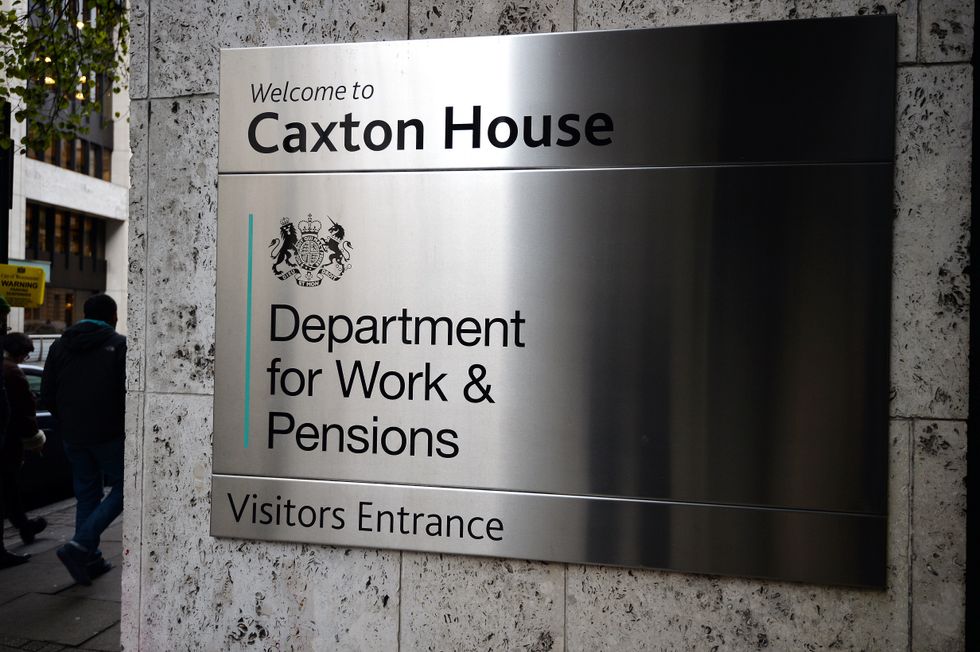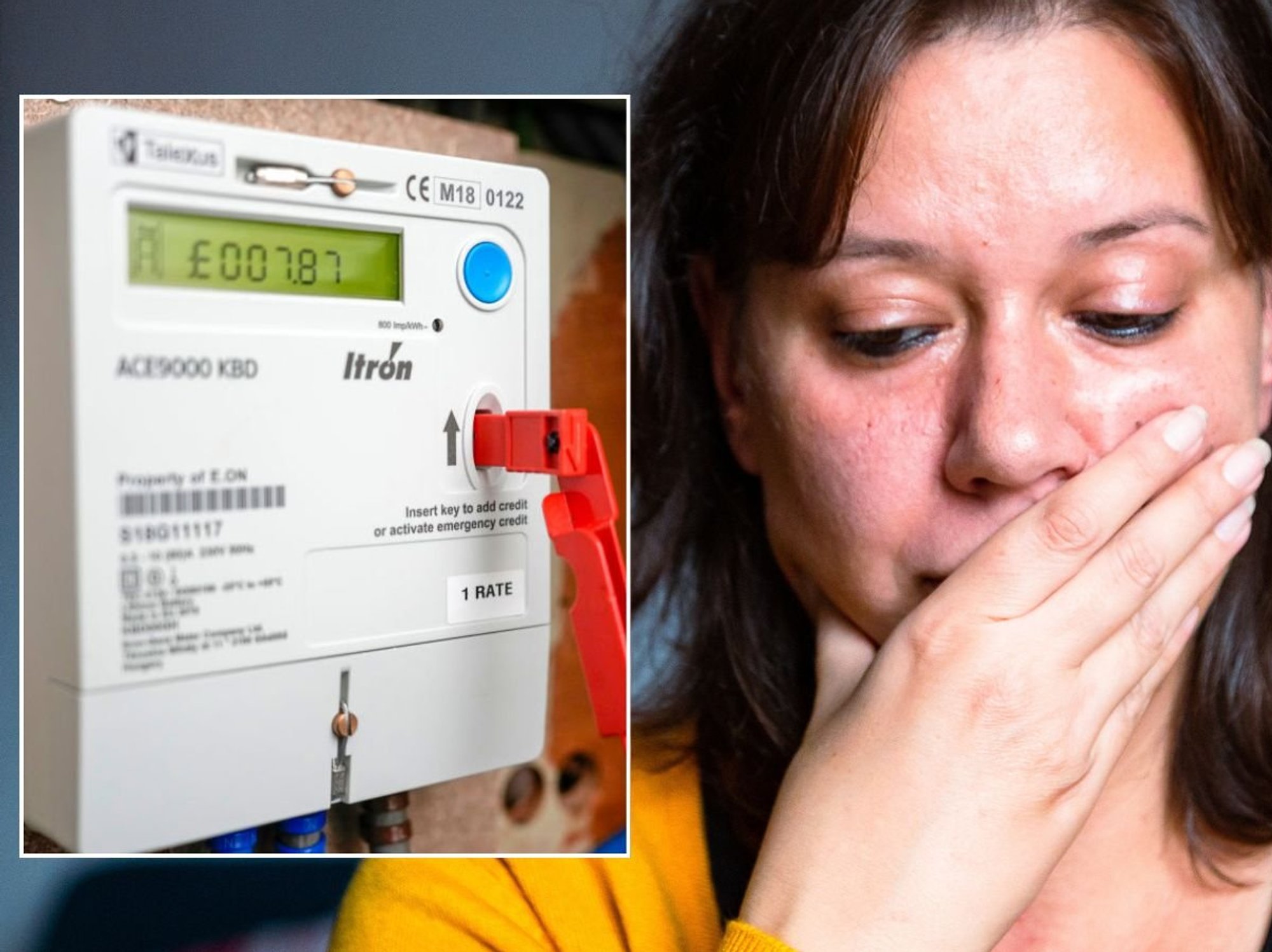Economy 'in crisis' as nearly 1m young Britons not in work, training or education

Britain is addicted to benefits, says Jacob Rees Mogg |
GB NEWS

A sizable amount of the working-age people aged between 18-24 are economically inactive, ONS figures have found
Don't Miss
Most Read
Latest
The British economy faces a "crisis in plain sight" as nearly one million young individuals are not employed, in education or training, according to shocking new figures.
Based on the latest Office for National Statistics (ONS), 946,000 individuals aged 16 to 24 between July and September were found to be are classified as NEET.
These figures show a marginal decrease from 948,000 in the previous quarter, yet the proportion of young people in this category has reached its highest point in over a decade.
The statistics indicate that NEET rates have been climbing steadily since 2021, with the current levels representing the most significant concentration since 2014, highlighting persistent challenges in youth engagement across education and employment sectors.

Nearly one million young Britons are considered NEET, according to ONS figured
|ONS / GETTY
The majority of these young people are economically inactive, with 61 per cent neither working nor actively seeking employment opportunities.
This represents a fundamental shift in the nature of youth unemployment, according to Rebecca Florisson from the Work Foundation at Lancaster University, who noted that "the challenge has evolved with fewer of these young people actively looking for work".
Gender disparities within the NEET population reveal concerning patterns, with 70.4 per cent of young women classified as economically inactive compared to 53.6 per cent of young men.
The remaining 39 per cent of NEETs are actively unemployed, seeking work but unable to secure positions.

Labour is looking for ways to get young people off benefits and into the workforce
| GETTYRecent Department for Work and Pensions (DWP) data reveals that 45.8 per cent of young people not in employment, education or training are now classified as disabled, representing an increase of 24.3 percentage points since 2013/14.
This dramatic rise in disability rates among NEETs carries severe financial implications, with the Keep Britain Working Review calculating that a 22-year-old who leaves work due to health issues could face lifetime earnings losses exceeding £1million.
The surge in disabled young people outside education and employment underscores the evolving nature of Britain's NEET crisis, shifting from traditional unemployment towards health-related economic inactivity.
Furthermore, the Government's Youth Guarantee programme, designed to address the crisis, faces scrutiny from experts who warn that its 18-month intervention threshold may arrive too late for many young people.
"The Government's Youth Guarantee has the potential to help address these issues, but only if additional support kicks in earlier than the 18 months currently proposed," Ms Florisson stated, emphasising that prolonged periods outside work make returning increasingly difficult.
Speaking to Newspage, Colin Crooks MBE, CEO at London-based Intentionality, said: "Today's figures reveal a crisis hiding in plain sight.
"While the headline number appears stable, the reality is devastating: 946,000 young people locked out of opportunity, with young men up 15,000 in just three months.
"Our economy is failing to create the starter jobs young people need, and Government schemes are having no impact. If the Budget doesn't give some support to small business, they'll hire even fewer young people, not more.

Bridget Phillipson described youth unemployment as a "challenge"
| GB NEWS"This waste of young talent is feeding directly into the general malaise and discontent felt across the country. When nearly a million young people see no pathway forward, society pays the price.
“We cannot solve this with repackaged schemes that have already failed. We need targeted intervention in high-unemployment areas, backing enterprises that genuinely understand local young people and provide sustained support—not box-ticking exercises."
Education Secretary Bridget Phillipson acknowledged the scale of the issue, describing it as "a really big challenge that we've inherited" while highlighting initiatives including improved school attendance measures, curriculum reforms and new apprenticeship pathways.
Work and Pensions Secretary, Pat McFadden, said: "The number of young people not in education, employment or training (NEET) has been far too high for too long, which is why we are tackling this crisis of opportunity with new energy and determination.
"Our Youth Guarantee will ensure 18-to-21-year-olds have access to education, training, an apprenticeship - or ultimately guaranteed paid work if they cannot find a job.
"And I have commissioned former Health Secretary Alan Milburn to identify how we can go further to tackle the root causes of youth activity by improving employment support, skills, health and welfare.
"We will leave no stone unturned so every young person has the chance to succeed, no matter where they are from or what their background is."
More From GB News










